Dr. Maria Aristizabal's journey from BCCHR Summer Student Research Program participant to Assistant Professor in Biology at Queen's University.
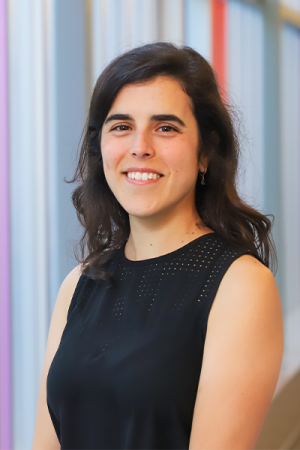
BCCHR's Summer Student Research Program has provided valuable research experience to undergraduate students and medical school students for over 34 years. Students who attend from around the world gain exposure to leading topics in medical research and receive training in associated skills such as collaboration and public speaking.
Dr. Maria Aristizabal attended BCCHR's Summer Student Research Program in 2005 and then decided to stick around…for 15 years! While she spent much of that time working in the Kobor Lab at BCCHR and mentoring students, Dr. Aristizabal is now an Assistant Professor in the Biology Department at Queen's University in Kingston, Ontario.
"The BCCHR Summer Student Research Program is a wonderful introduction to the world of research and it's great for networking." —Dr. Maria Aristizabal
We recently caught up with Dr. Aristizabal to discuss her experiences in the BCCHR Summer Student Research Program and how she grew her career at BC Children's.
What was your research focus when you participated in the BCCHR Summer Student Research Program?
I was in the Kobor Lab as a summer student — researching how cells decide what genes to turn on and how they go about doing that. As part of the UBC/BCIT joint biotechnology program, I had to complete a co-op term. One of my friends had completed her co-op term in the Kobor Lab the year prior and it sounded really interesting, so I decided to reach out and try to get a position. I was very fortunate to get the position and ended up staying at BCCHR for eight months rather than the usual four. Then I stayed on as a lab technician before doing another co-op term in the United States, but I went right back to BCCHR after that. I obviously really liked it!
What are the biggest benefits of attending the Summer Student Research Program?
The Summer Student Research Program allows you to see a wide breadth of research that you might not otherwise get to see. You are able to see how your peers are using similar or different approaches to your own, so there's a lot to learn from everyone else. Ultimately, it's a wonderful introduction to the world of research and it's great for networking.
After I completed the Summer Student Research Program, I became a mentor — also at BCCHR — and took on co-op students of my own. I would always tell them, "Make sure to do the BCCHR Summer Student Research Program because it's amazing!"
All of the undergrads I mentored joined the program and they all really liked it and saw the value in it. They gained confidence from being able to practice giving presentations, and many found their next co-op position or their next lab through their involvement with the program. It really is a nice catalyst — a little internal generator — for researchers.
"Many find their next co-op position or their next lab through their involvement with the BCCHR Summer Student Research Program." —Dr. Maria Aristizabal
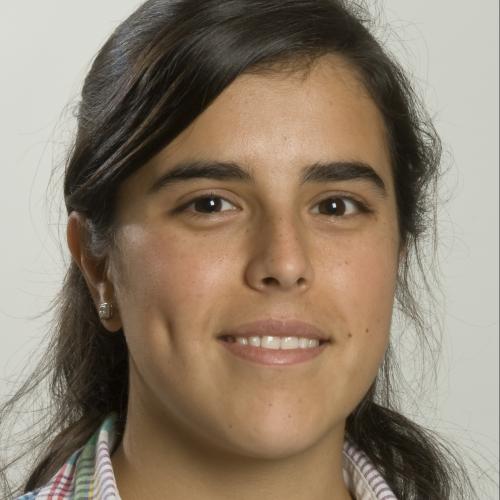
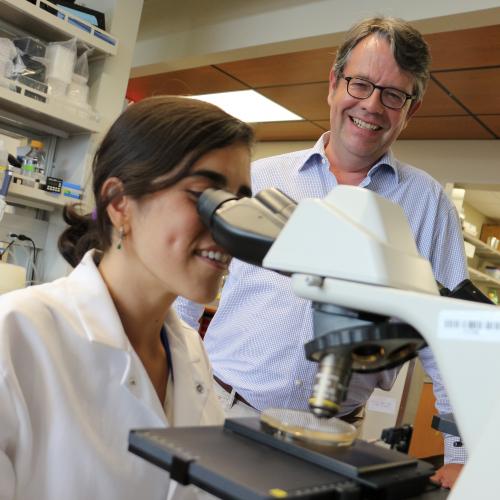
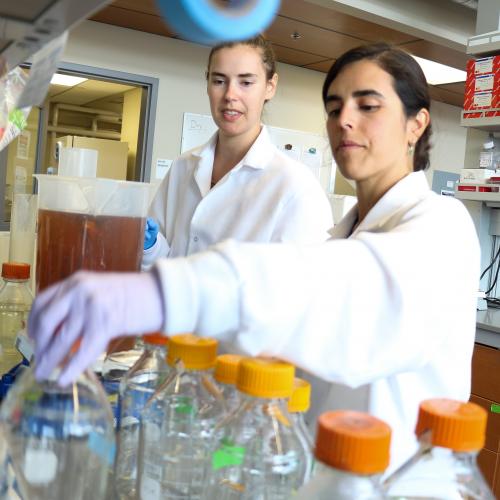
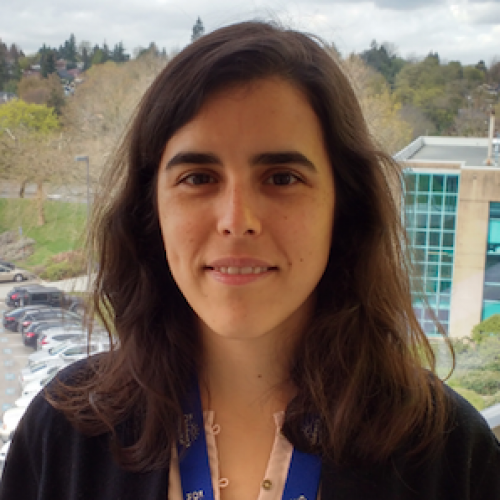
You completed your postdoc in the Kobor Lab at BCCHR. What were you working on?
When I started in the Kobor Lab my focus was very much on basic research, but over time my research interests expanded to making my work more translatable and applicable to specific diseases. And my main goal became finding out how our bodies deal with the challenges of environmental stressors.
One of the main environmental stressors that I studied was nutritional deficiencies faced by some children. These children have access to enough food but may not be getting all the nutrients they need. The other environmental stressors that we looked at in the Kobor Lab included sleep deprivation — which is quite detrimental to children — and traffic pollution.
What are you most looking forward to in your new role at Queen's University?
I started in July 2020 as an Assistant Professor in the Biology Department, and my lab focuses on understanding how environmental stress affects the cells in our body and how our ability to deal with those stressors affects our health.
I'm most looking forward to connecting with like-minded people and learning from what they're doing. The Biology Department at Queen's is very diverse. There are people here working with all sorts of environmentally related questions that may cover different stressors than what I'm looking at, so I'm really excited to make new connections that allow me to expand the work I'm doing.




